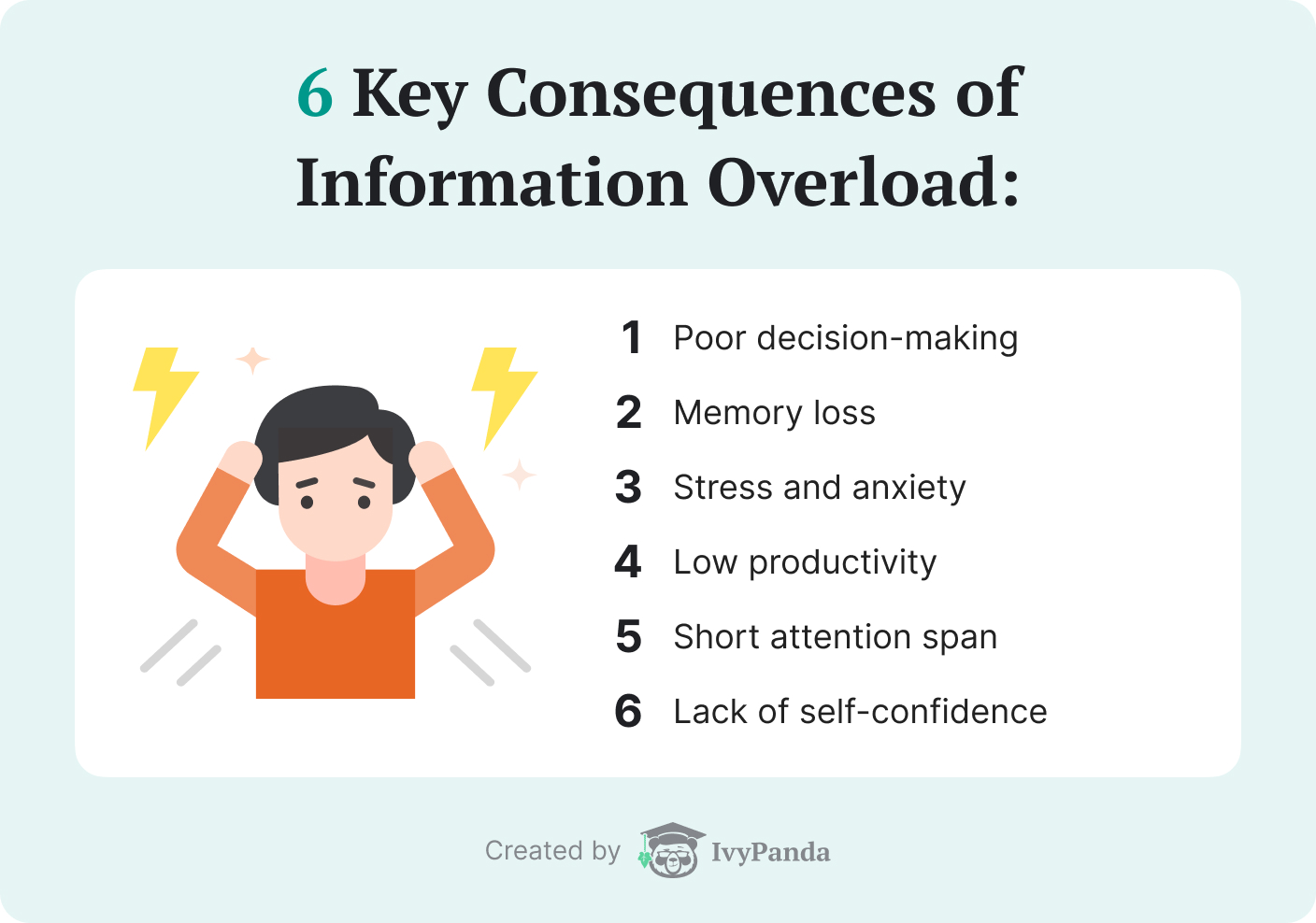In 1945, when Roosevelt was re-elected for a fourth term as President of the United States, a reporter asked him for his impressions. The President smiled and did not answer, but instead took a sandwich and offered it to the reporter. The reporter was flattered and happily ate it. Then Roosevelt continued smiling and offered him a second sandwich. Although the reporter was already full, he reluctantly ate it. However, the President then offered him a third sandwich. At this point, the reporter was really full, but he gritted his teeth and ate it. Unexpectedly, after he finished, Roosevelt said, “Please have another piece!” The reporter was terrified when he heard this, because he already felt like vomiting. Roosevelt said, “Now, don’t ask me what I think, because you already feel it yourself.” By making the journalist eat the sandwich piece after piece, Roosevelt let him experience for himself what he was feeling at that moment – that after being asked the same question many times, not only did he lose interest in answering it, but he even felt like vomiting every time he heard it. This phenomenon is known in psychology as “information overload”.
What is information overload?
Information overload is a reaction of resistance or impatience caused by too many or too strong stimuli or stimuli that last too long. The concept is attributed to the American writer Mark Twain.
Mark Twain once went to a church to hear a sermon by the pastor, the subject of which was an appeal for help for victims of a disaster somewhere in Africa. The pastor spoke with great emotion, and Mark Twain was so moved that he immediately took out all the money he had with him and was ready to donate it later. However, the pastor’s speech continued for a long time and he just kept talking. Mark Twain began to feel annoyed and decided to donate only ten dollars. As time went on, his compassion gradually faded, and he was replaced by annoyance and irritation. In the end, instead of donating a penny, he took five dollars from the donation plate. This story shows that no matter how exciting the content is, if it is repeatedly emphasized or too long, it will also lose interest and even generate a rebellious attitude.
The same applies in everyday life. For example, if parents keep telling their children to study hard and not to play around, the children may become even more rebellious. If a wife persuades her husband to quit smoking, but keeps talking about the dangers of smoking every time, the husband may end up smoking even more. These phenomena all show that when a stimulus continues to have an effect for a period of time, its effect will gradually weaken, and it may even have the opposite effect.

There is an interesting story that illustrates this point. A man went to the ancient Jinshan Temple to ring the bell for blessings. The old monk in charge of the bell told him that he could only ring it three times: the first time for good fortune, the second for a high official position and a good salary, and the third for a long life. After ringing the bell three times, the man, out of curiosity, secretly rang it one more time. The old monk was shocked and said, “This is the end, you wasted the first three rings.” Why? Because according to the rules, the bell cannot be rung four times, otherwise it will become “all is vanity”. Although this is a story with a wonderful homophonic effect, it also reflects the psychological principle of information overload.
Causes of information overload
Everything should be done in moderation, otherwise problems will arise. So, what are the main causes of information overload?
(1) Self-centered
Some people only care about expressing their own ideas, without considering the feelings of others. They talk and talk, without any regard for whether the listener is able to take it in. If you put yourself in their shoes, you will see that you will feel tired and annoyed in the face of such people. For example, in an everyday conversation, if you meet someone who only talks about themselves and doesn’t listen to the other person, how would you feel? The answer is obvious.
(2) Ignoring the methods
The Russian writer Krylov’s fable “Demyan’s Soup” tells a thought-provoking story. One day, when his friend came to visit, Demyan was so happy that he personally cooked a big pot of delicious fish soup to entertain his friend. After the friend had drunk the first bowl, he was very satisfied and praised Demyan’s cooking skills. Demyan then persuaded him to drink the second bowl. After the second bowl, the friend felt a bit too much, but Demyan did not notice and kept “persuading the soup”. In the end, the friend could not stand it anymore, left the bowl and stormed off, leaving a confused Demyan.
If we had handled the situation differently, the awkwardness could have been avoided. For example, we could have let the friend have one bowl of soup, then chat, eat some dishes, drink some wine, and then slowly drink the second bowl. In this way, the whole process would have been relaxed and enjoyable, without making the other person feel burdened. This shows that rich, interesting, and short actions are more acceptable, while single, boring, and long-lasting actions are likely to cause resentment.
(3) Lack of a sense of proportion
For example, when we are listening to a report, we can concentrate for the first half hour, but as time goes on, our minds gradually become fuzzy and we can hardly hear what is said afterwards. We just want it to end. So, teachers who drag their lessons out will make their students feel annoyed, for the same reason. Therefore, if you want your words to have an effect on others, you must grasp the core issue, and your language should be short and powerful, preferably to the point.
Winston Churchill, the former British Prime Minister, is a good example. His language was always concise and powerful, and he could inspire people with just a few words. In 1948, he gave a speech at Oxford University on the “secret of success”. It consisted of just a few words: “My secret of success has three parts: First, never give up; second, never, never give up; and third, never, never, never give up! My speech is over.” After this speech, the audience broke out in thunderous applause, which was unforgettable.
How can we avoid information overload?
Since information overload can affect communication effectiveness, how can we avoid it? Here are some practical methods:
(1) Focus on the main points, and speak less but more effectively
If someone is always talking, the listener will lose patience long before they hear anything interesting. Therefore, when expressing our opinions, we should focus on the main points and avoid rambling.
(2) Speak clearly, in an organized and logical manner
Many people lack organization when speaking, and just ramble on and on. This may seem carefree and comfortable, but it is often a real pain for the listener.
In real life, whether it’s a speech, a negotiation or a chat, you need to pay attention to the “three key minutes”. In other words, you need to convey your main message to the other person within three minutes, so that they receive your message when they are most focused and relaxed. Don’t be long-winded, otherwise people will just get bored.
(3) Be a good listener and give others a chance to speak
True communication should be a two-way process, not a one-sided monologue. For example, when parents criticize their children, if they simply scold them without giving them the opportunity to explain or express their thoughts, this kind of one-way communication will only make the children increasingly resentful. Communication not only focuses on content, but also on technique. Learn to listen in order to achieve effective interaction.
In short, information overload is a common psychological phenomenon that reminds us to be mindful of the tone and manner of our communication. By focusing on the main points, keeping our language structured and logical, and listening attentively, we can effectively avoid information overload and thus improve the effectiveness of our communication.

